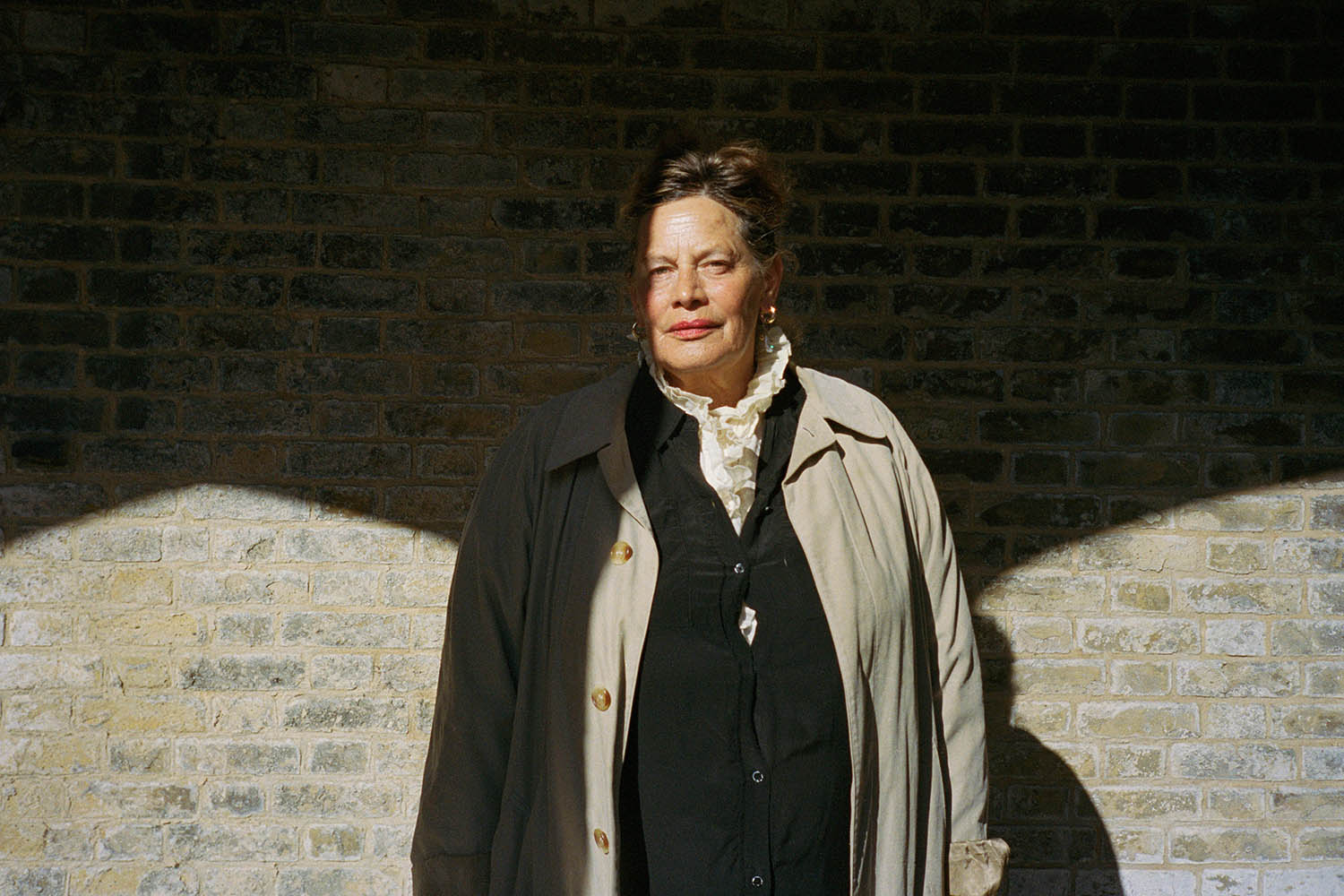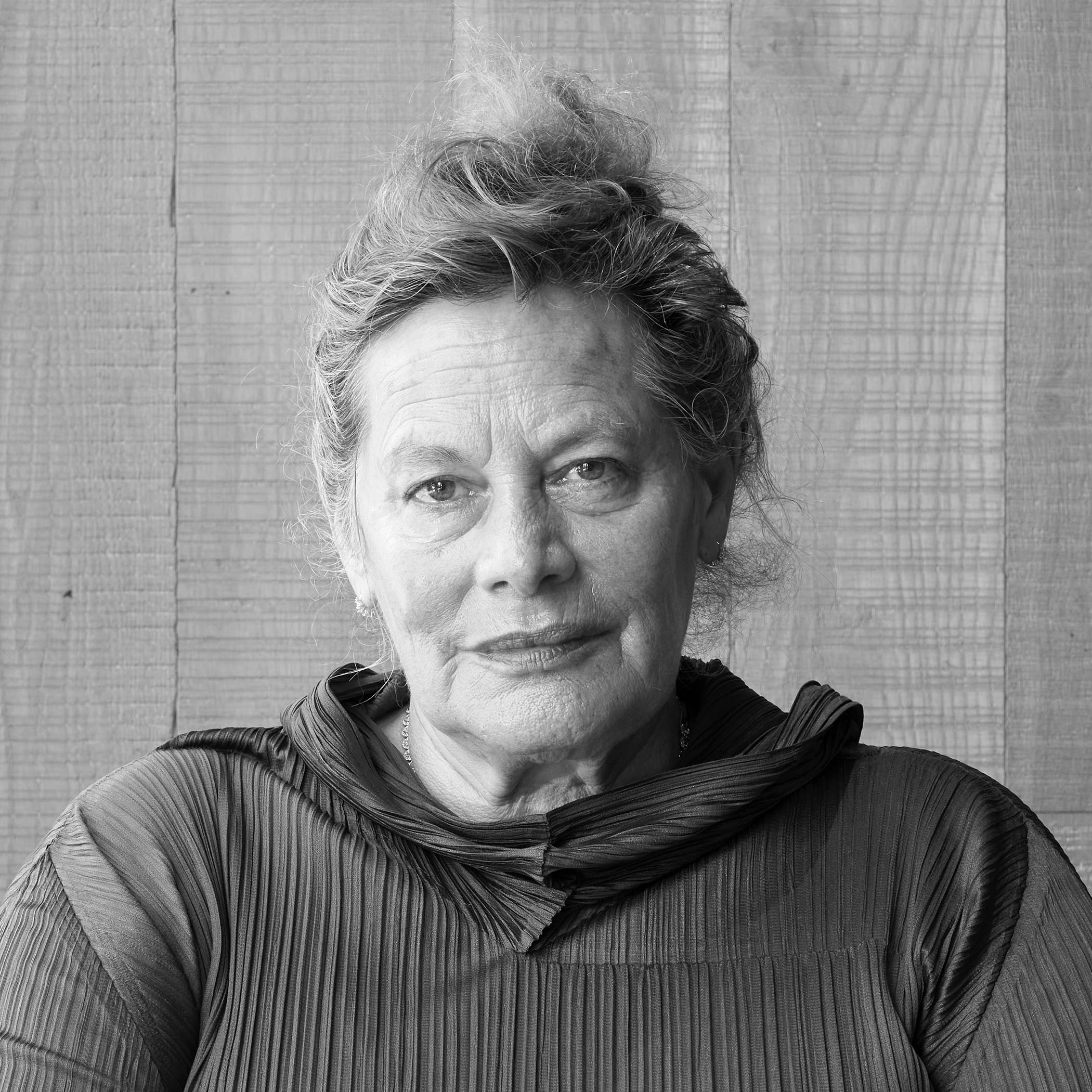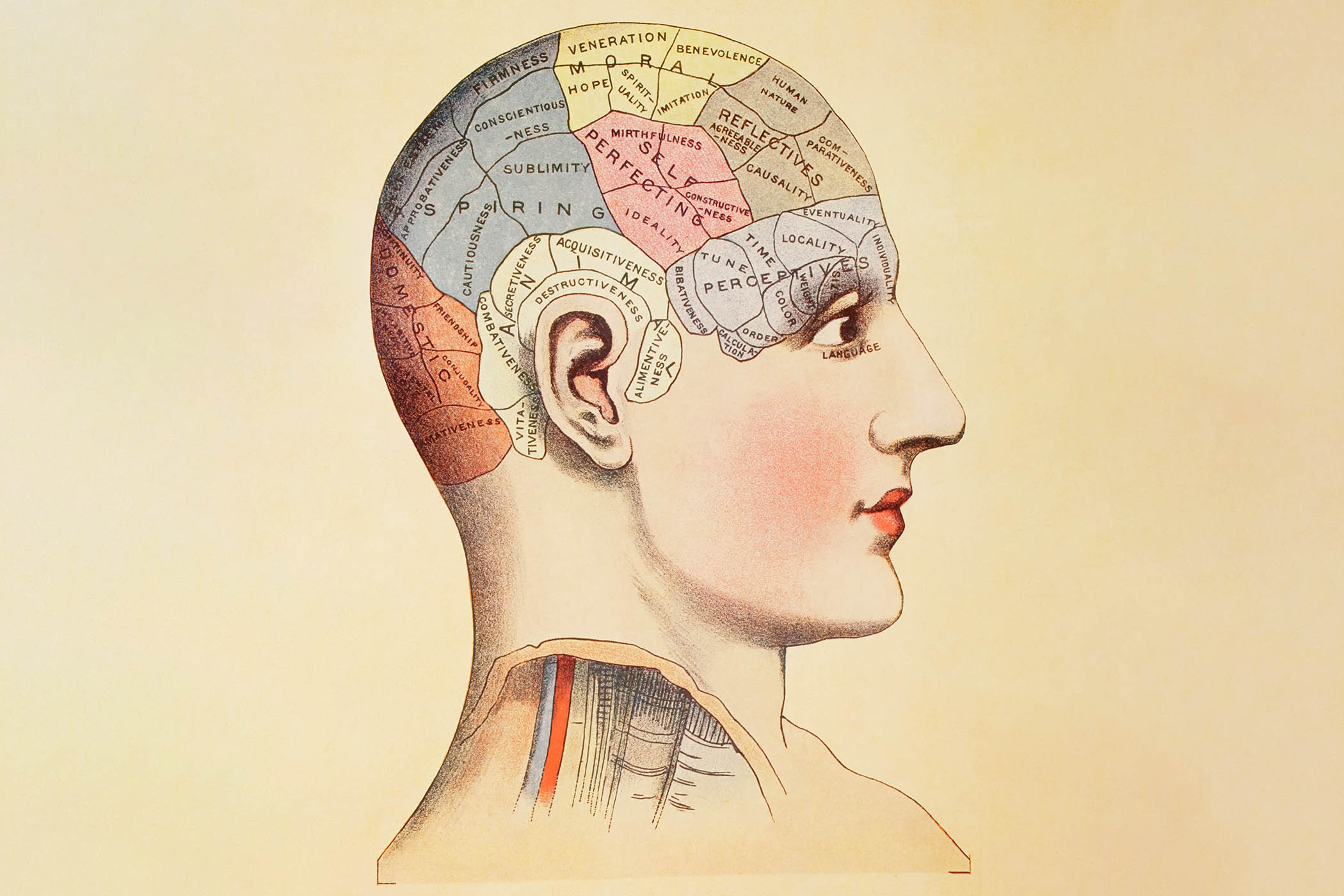Everyone was talking about the thunder storm in London. Yet she had slept through the storm. It was as if it had never happened, an event she had lived through, but did not experience. Was she unwell, she asked herself, or just so fatigued she neither heard it nor saw it? Was she in fact, alive? And if so, in what way was she alive? Had she taken a temporary stay, a sojourn in oblivion?
The night before the storm she had seen a debate on television. The argument had become fierce, enraged, until eventually a young woman, perhaps in her late twenties, her voice low, calmer now, finally said, “I’m so tired of this, you know, exhausted by it” and she pointed to her adversary when she said “exhausted by it”. He was wearing a suit, his skin pale, hair shaved. He had repeated her words in a voice that was supposed to mimic her own voice – a trembling high-pitched lament – “I’m so tired of this,” he shrieked, “exhausted by it.” The woman did not respond; it would have been exhausting to get stuck in to that subject (again); the subject of how he had put it together, the voice that was supposed to represent her own voice. For a moment, while the nation stared at her from their living rooms, this woman had closed her eyes. Perhaps it was best to drift away, remove herself from the path, as it were, and walk on the grass.
But what about the question of her own exhaustion, age 60, of how unlikely it was that she might sleep through a thunder storm of such magnitude? It had apparently happened at five in the morning, waking the city, churning the Thames, shaking families out of their beds, everyone running to various windows to gawp at the lightning as it thrashed through the clouds.
Three hours after the storm she makes her way to her small front garden and presses her fingers into the sodden grass. Perhaps she is gathering evidence to confirm the storm had actually happened? It is true the dripping trees look like they have been through something. Her fingers are now streaked with mud. Her sister often told her: “You have the littlest fingers in the family.” It was the word, littlest, that stays with her. The littlest fingers. No band of gold circles any of her fingers. She is done with that. A door slams. She hears her neighbour’s voice, he is a doctor, charming, kind, holding a slice of toast in his right hand, rucksack slung over his shoulder. He tells her he is heading off to begin the rounds of tending to endless everyday sickness. He had thought of her during the storm, he says, the thunder was quite terrifying, like an explosion. Now he is lingering by the low fence that separates their houses. In fact, he has something to tell her.
He is reading a book, he says, about a German philosopher who is making plans (with his wife) to visit an ancient temple on a Greek island. Her neighbour wants this philosopher to arrive at the temple, so that he, a humble doctor, can stand with him in the sunshine among the pine trees and gaze at the ruins with him.
Yes, it would be a welcome break from the daily round of ear infections and arthritic agonies, hips, knuckles – very distressing for his patients. Anyway, he suspects the philosopher is not going to arrive on this Greek island; the point of the book (he is beginning to understand) is that it is about the plans made for a journey that ultimately will never take place, which makes him think he should travel to this very temple himself, once he has confirmed who might cover for him at the health centre; it will take some arranging, and anyway, who would feed his cat and water the plants, including the small lemon tree that is now budding in his bathroom? Also, he says, throwing the toast on to the grass (for the birds?), he will need to find a flight to Athens that aligns with the time the ferry leaves the port for the island. What does she think of his plan?
She tells him that she will be in London for August. If he can find someone to cover him for that month, she will feed his cat (he is now looking for something in his rucksack), yes, why not, if he manages to find a flight and ferry in August, she could indeed water his plants, including the lemon tree. But he has placed his AirPods in his ears and obviously hasn’t heard her.
Later, her sister calls to tell her how the lift in her building is now out of order. “The storm has messed with the electrics,” she says, “Really, it’s all a fucking mess, the world, my teeth, my own mental health, what time did it wake you up?” She does not tell her sister she had slept through the storm, only that she will be away in June and is on her way to buy some chestnuts to roast that evening. Her sister wants to know where exactly she is going in June and who will be with her? Will she travel by train or plane. And why June?
She finds the chestnuts at the fruit stall next to the falafel wagon.
‘She had slept through the storm. It was as if it had never happened’
‘She had slept through the storm. It was as if it had never happened’
Now, she is waiting for the single-decker bus that will take her up the hill. Nearby, three seagulls gather to tear at the plastic garbage bags piled on the pavement. If they had once followed fishing boats, eyeing up the catch, they had travelled a long way from home. As the bus slowly makes its way up the steep hill, she notices a man standing near the driver. He is making strange jerking movements with his legs and arms. There is something wild in this man. He wears sunglasses and has wrapped a long scarf entirely around his head, a kind of bandage, she thinks, or perhaps he resembles a pharaoh embalmed in a tomb. It is possible he is medicated, or wild and medicated, or feels royal like a pharaoh, wild and powerful. Everyone is watching him when he steps towards the door and suddenly jumps, a high jump, arms stretched above his head.
Newsletters
Choose the newsletters you want to receive
View more
For information about how The Observer protects your data, read our Privacy Policy
He reaches for a red button located above the door and presses it in a flash with the tips of his fingers. When the door opens halfway up the hill, he leaps off the bus and zigzags across the traffic.
It turns out (she is curious and a little scared) that he has pressed the button for the emergency exit, invisible to everyone else. He obviously knows all about escaping. The driver does not shout or respond, he merely closes the door with own remote button and continues driving. A woman sitting at the front of the bus (she wears a yellow knitted hat) says out loud: “Yes, and the world is at war.”
Most people on the bus are on their screens, scrolling, scrolling, scrolling through the news in the 21st century; her own fingers, the littlest fingers in the family, are scrolling too. The news breaks into her mind and will sit there, desolately, all day. What is the day today? Tuesday. What is the news? Terrible. Desolate. When the bus stops by the park that was donated in 1889 to those who have no gardens, “a garden for the gardenless”, she wonders if sleep might be her emergency button to exit the perilous world and tranquillise herself from the pain of others.
And her own.
Pain.
Now, as she walks through this park, a child, maybe nine years old, is saying to her mother: “I am a lion.” She wears the blazer of her school uniform. Her mother replies, as if correcting her homework: “No, you are not a lion, it is a lion.” Her child looks up at the aeroplane in the sky, flying through dusk, through twilight, flying through the beginning of the end of the day.
“I am a lion,” the child chants, “I am a lion”, and suddenly, she breaks away from the path to run across the grass, as if to chase someone or something away.
The winter trees that circle the small lake are bare, but what about the pigeons swelling themselves up for courting, chasing their sweethearts across the grass? Would she, age 60, prefer to be walking through this park with someone by her side, someone who has loved her for a long time, or would she prefer to be in the company of someone, who, at this moment, is falling in love with her? Yes, why not? Yet it would be absurd to make plans to fall in love, like the philosopher making plans to get to the temple on the Greek island, but never arriving.
Yes, the 21st century was in its twenties. Always a chaotic time, the twenties, certainly her own twenties; tumbling into love and out and in; exhilarating to have no mother to correct her feelings, she was a lion; breathless in her twenties, kissing, laughing, so much feeling, touching, crying, so much crying and laughing and kissing, so much to feel; she was softer then, light on her feet, leaping lightly,letting wind blow her hair about, sun scald her shoulders, rain soak her shoes in every season. Yes, in her twenties she had arrived at the temple without making a single plan for the journey.
Now, walking through the park, she is slow and steady; slow and turbulent, steady and sadder, serene and steady, yes, calm and turbulent; she is a lion, more or less, less and more, less roaring than in her twenties, was that right? No, it was too exhausting to go into that (again), she would rather drift across the grass, and anyway she is looking forward to roasting the chestnuts. She will pierce each of them with the tip of a knife and wrap them in foil to roast. All the same, at least one of them would explode, like someone in a family always does.
Her neighbour is knocking at her door, can that be right, knocking gently, persistently? Yes, it is her neighbour, the doctor, a bunch of red roses in his hands, for her, he says, and he has good news. Today he managed to make plans for two weeks’ leave in June, it took some doing to arrange; therefore, he wonders if he might, if he could definitely, take up her kind offer to look after his plants and his cat, including watering the small lemon tree.
So he had heard her, after all.
Almost. But not entirely. She explains that she has her own plans for the month of June, but she hopes that one way or another, he will make it to the temple.
Vanessa Thorpe makes the case for an annual ‘Dallowayday’ to celebrate Virginia Woolf’s novel. Read the feature here.
Photographs by Andrew Quinn, Hulton Archive/Getty Images



